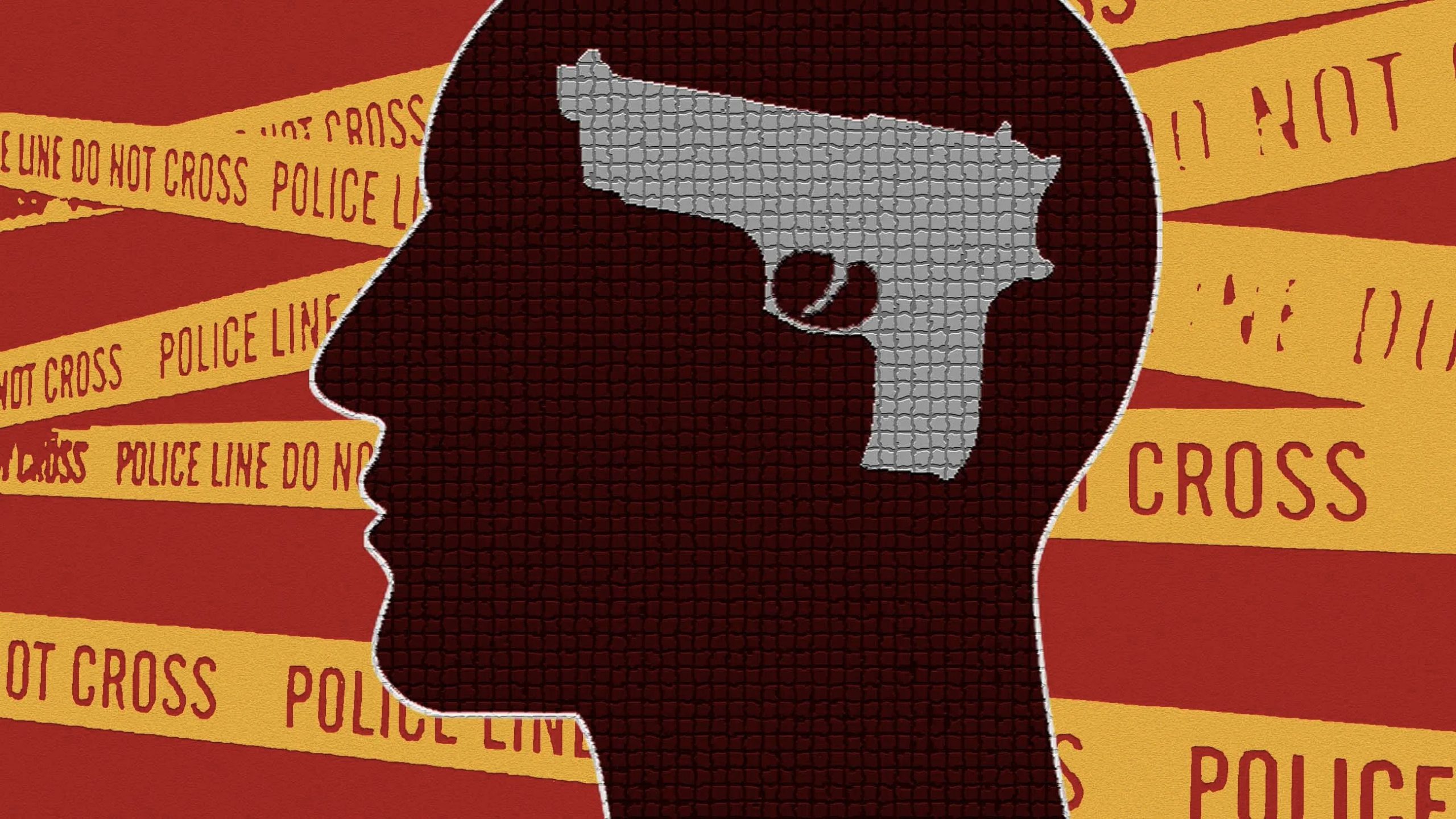LISTEN TO THIS ARTICLE:
We need to talk about gun ownership. Few topics cause more heated arguments than this in America. Every time something horrific happens (which is all-too often these days), it throws more fuel on the conversational fire. Like many things in our national discourse, there are the firm pro- and anti- sides. When the topic comes up, we are all rife with fresh emotion, and we’re all more likely to dig in our heels. We’re quick to declare opposing views to be absurd and idiotic. Through this process, we gain very little understanding about how people actually feel about guns. Exploring this psychology of guns will help us all better see the nuances of why our emotions around guns are so powerful.
Gun culture and history
America’s gun ownership culture is huge. One third of us own guns, and 2 in every 5 people live in a house hold with a gun in it. We literally have more guns than people – 120 guns for every 100 U.S. citizens. Many of us grow up with guns. They get handed down through generations in families. Getting your first as a present is considered a rite of passage, as is going out on your first hunt. Kids and parents hone their skills at the shooting range and show them off at competitions.
Let’s explore the origin story of this gun culture. The Second Amendment to the U.S. Constitution reads, “A well regulated Militia being necessary to the security of a free State, the right of the people to keep and bear Arms, shall not be infringed.” While many people think the right to have guns started with this, it was not the first governmental document to grant this right. In fact, the Second Amendment has its roots in the English Bill of Rights of 1689, which declared that people “may have arms for their defense.”
Gun violence numbers
Even with all this history and culture, the fundamental issue at play here really is this: We all feel unsafe. Some of us feel safer with guns, while others feel safer without them. So does having all these guns work? Does having a gun available make us safer? Scientific studies decidedly say no.
There have been more firearms deaths in the U.S. in the past 50 years than the total number of American soldiers killed in every war we’ve fought. Four out of five murders in America are done with a gun, far more than any other country. People with guns in the home are twice as likely to be murdered with a gun. Surveys of crime victims found that less than 1% used a gun in self defense during the attack. Guns are 4 times more likely to be used in unintentional shootings and 7 times more likely to be parts of violent crime and murder.
Being safe vs. feeling safe
It seems that if more guns made us safer, our country should be the safest on earth. But it isn’t. However, that’s the thing about feelings. They aren’t always rational, and they don’t have to follow the evidence. Instead, people follow their gut feelings.
Let’s say you’re home alone and a threatening stranger is banging hard on your front door. Which will make you feel better: Statistics about the dangers of gun violence or actually holding a gun in your hand at that moment? This isn’t a representative scenario about all crime in America, but it does demonstrate how many people think about guns and gun ownership.
This is the kind of feeling that we need to keep in mind when we talk about guns. When we talk about restricting access to guns in anyway, it makes gun owners (and potential gun owners) feel like people are threatening their power to defend themselves. That’s part of why these arguments get so heated, so quickly.
How do we bridge this gap?
First, let’s shift the conversation away from all-or-nothing points of view. Yes, suddenly and miraculously eliminating all guns could certainly reduce gun violence, but that really isn’t realistic. In the same way, arming every person in America doesn’t make much sense either. Although we have hundreds of millions of guns in private hands, most of those are owned by a minority of the people. There are many more people who are not interested in owning or carrying a gun. When we start to see future possibilities in more flexible terms, it makes progress more likely.
We’ve talked before about how America is feeling progressively more divided, and the gun topic epitomizes this problem. What makes this even worse is the natural tendency to group with people who agree with you. This prevents us from experiencing other peoples’ points of view or them from hearing ours, either. When you have an opportunity to talk with someone with different views on this topic, try it out. Use “I” statements, such as “I think this” or “I feel that.” This makes discussions less like a confrontation between opposing sides and more like a casual conversation. These kinds of approaches offer a step forward in healing America’s divisions, even on the controversial topic of guns.
If you are struggling with a mental health issue, try our symptom checker and find a provider!

 Learn
Learn Read Stories
Read Stories Get News
Get News Find Help
Find Help
 Share
Share
 Share
Share
 Share
Share
 Share
Share



